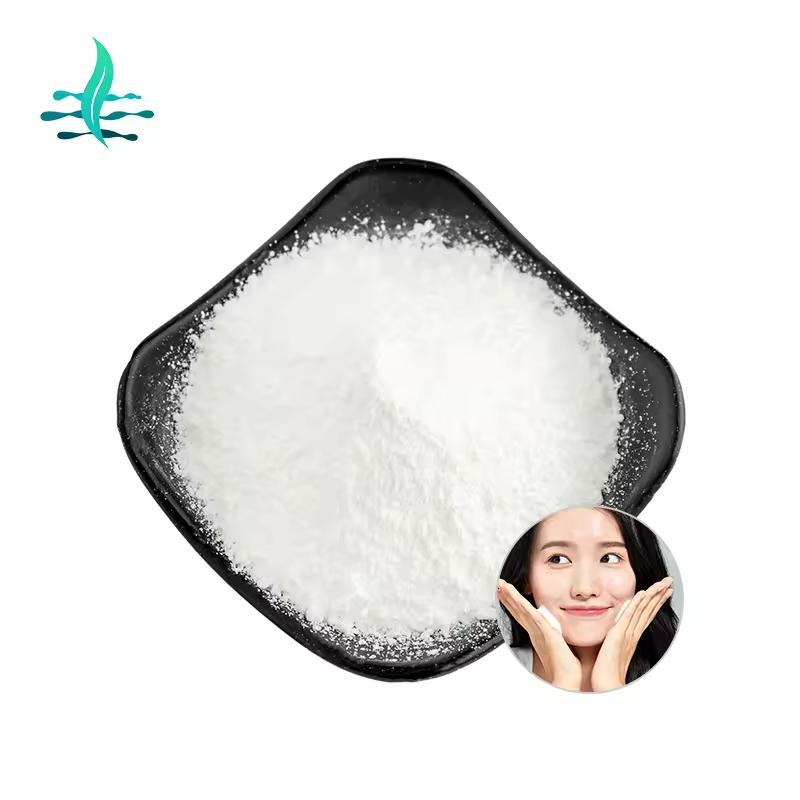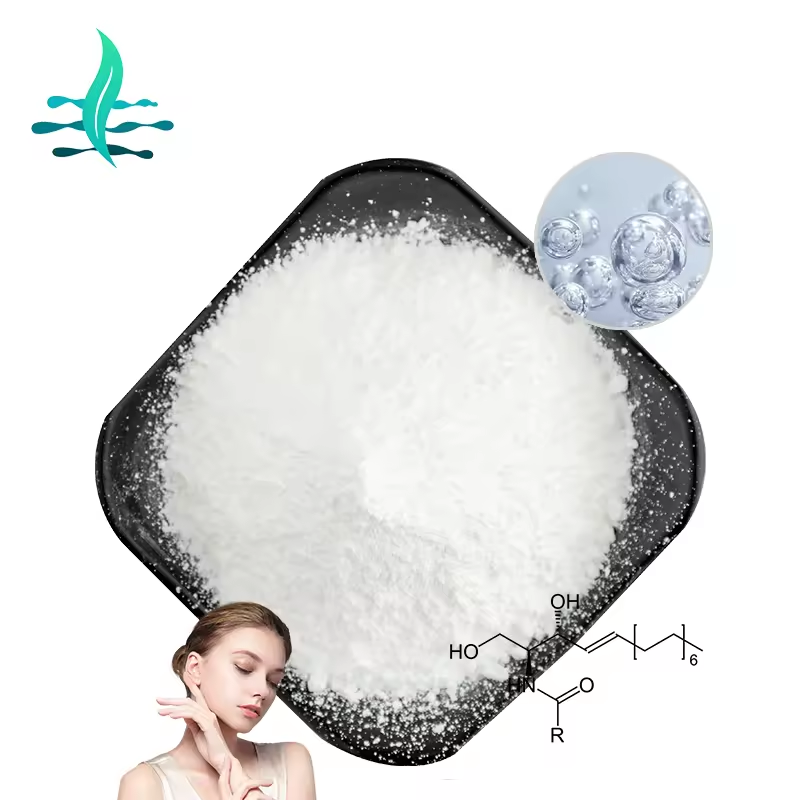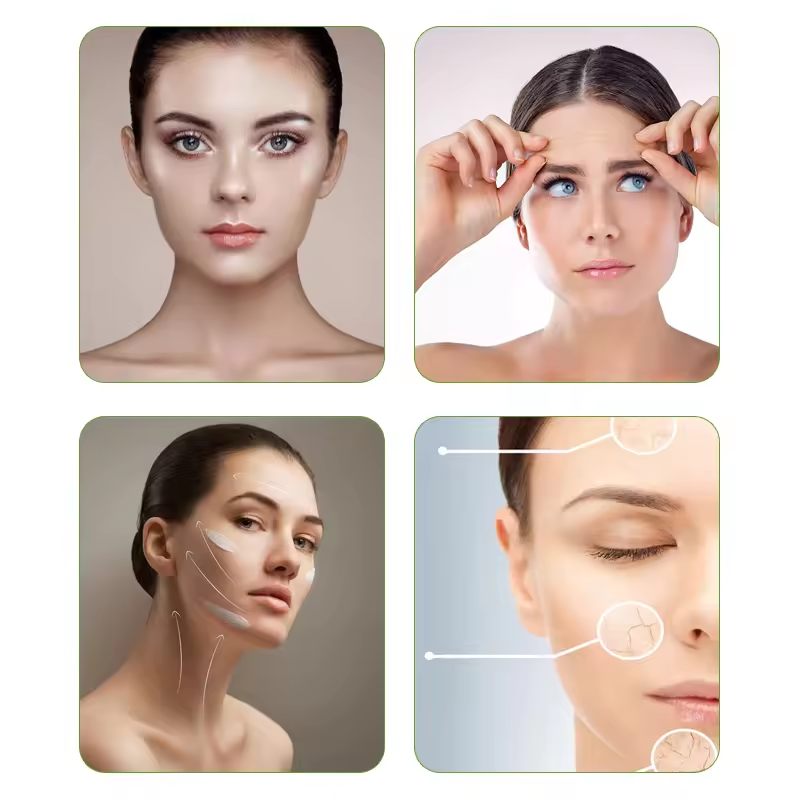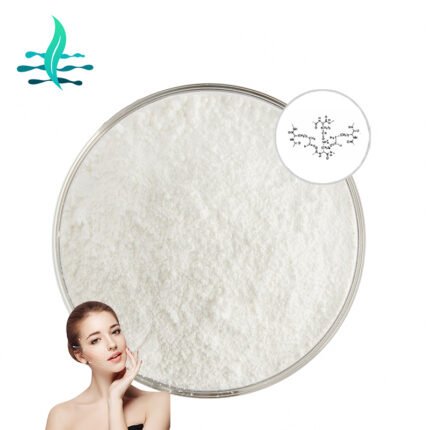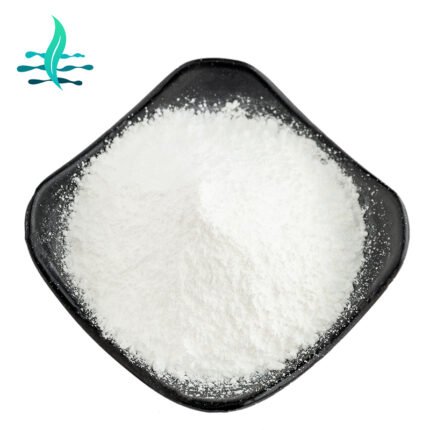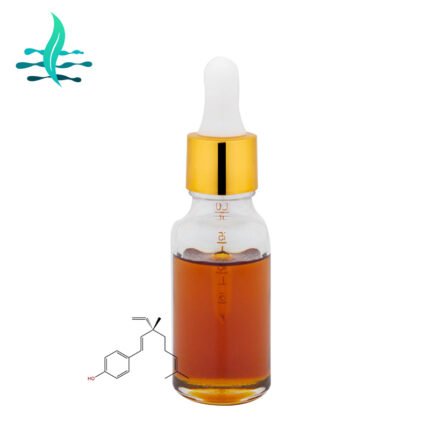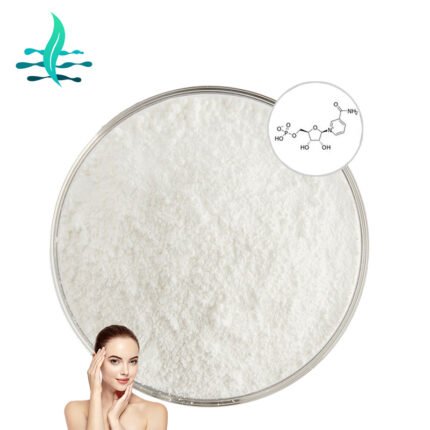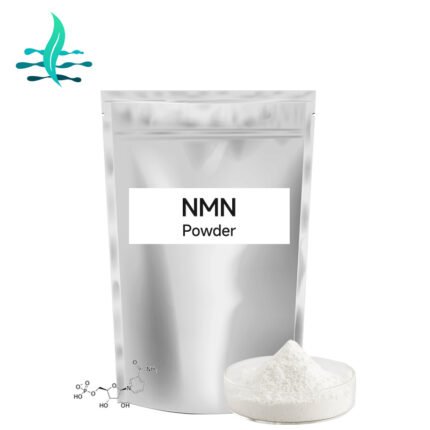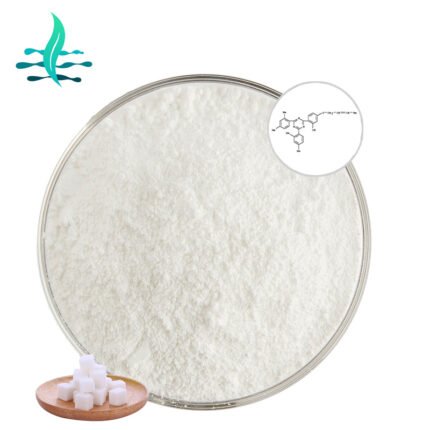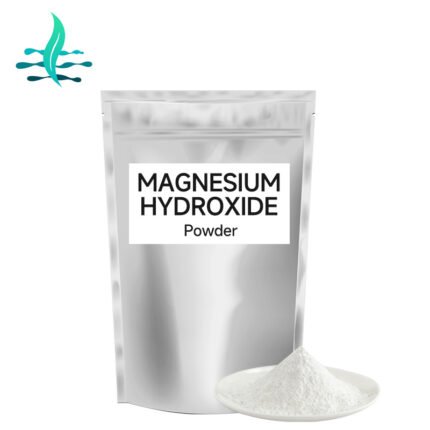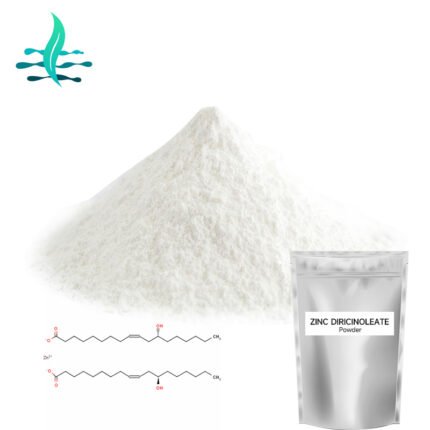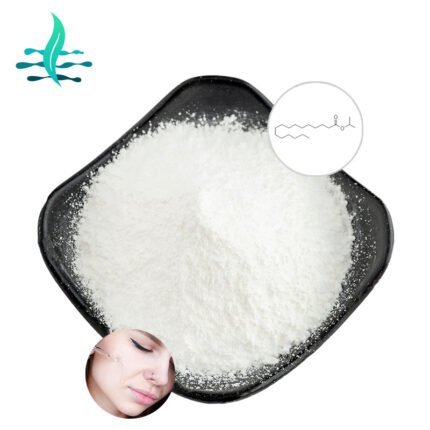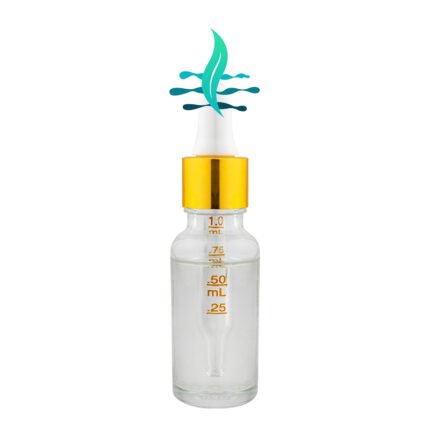What is Ceramide?
Ceramide has a strong ability to associate water molecules, and it maintains moisture in the skin through a network structure formed in the stratum corneum. Ceramides can form a network structure in the cuticle of the epidermis to associate water molecules and retain moisture in the skin. Therefore, ceramides have a strong moisturizing effect on the skin.
Application of Ceramide
Ceramide is a natural lipid found in the skin. Ceramide forms a waterproof barrier on the surface of the skin. They not only help the skin lock in moisture, but also promote the self-repair of the skin barrier and regulate skin cells. The effects of ceramide on the skin are as follows:
1. Moisturizing effect
Ceramide is the main component of the lipids in the stratum corneum of the skin. It can help repair the skin barrier and make the skin soft and shiny. But with age, ceramide gradually decreases, and the skin will become dull and dry without it.
2. Barrier effect
Sufficient ceramide in the skin can resist external stimulation, but if it is missing or absent, the skin will lose its natural protective effect and have no defense against all external physical, biological and other damage. For example, the skin is more likely to get sunburned when exposed to the sun, and it is easy to get red when the weather gets cold, etc.
3. Anti-allergic effect
This is good news for children with thin skin. Ceramide can help thicken the stratum corneum, improve the tolerance of the entire skin, protect against the invasion of harmful substances from the outside world, avoid sensitivity, and repair red bloodshot.
4. In addition, ceramide also has very good anti-aging, auxiliary whitening and antioxidant effects.

